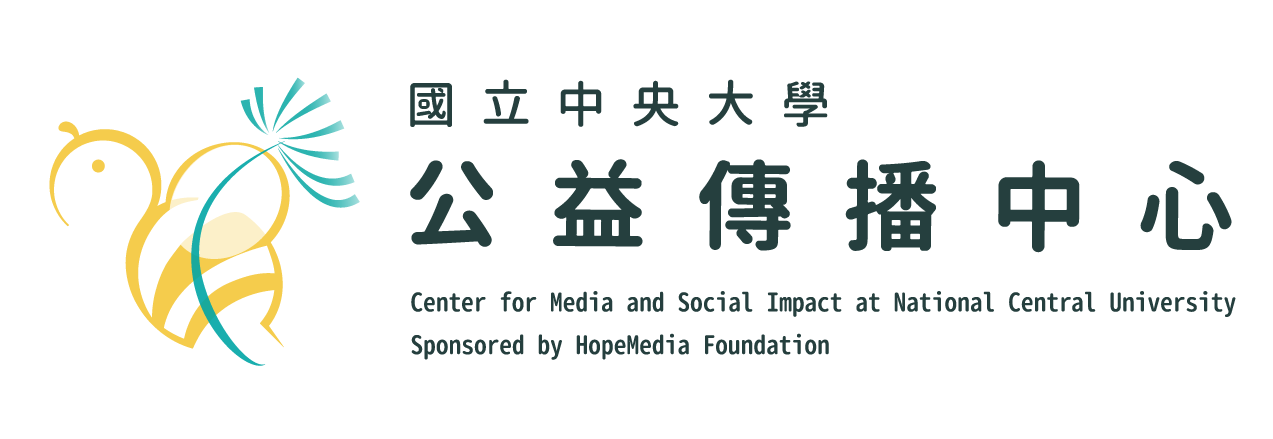影響力專有名詞檢索
重大影響力/重大 / Material impacts/materiality
定義 / Definition
重要性是一個過程,藉以辨識需要管理的影響力,並確定決策所需的資訊是否充分。所有意圖了解實體或活動所衍生影響力之途徑都需聚焦於相關和顯著的成果,包括:
• 對曾經歷(或可能經歷)利害關係人相當重要的成果
• 對於2030年達成永續發展目標至關重要的成果
• 實體能對重要成果產生(或正產生)最重大影響力(正向或負向皆然)之處
• 考慮到對實體自身價值創造最重要的永續風險和機會,因為強大,有韌性和可持續的實體將具有更大的能力為永續發展和永續發展目標的達成做出正面貢獻。
一項影響力是重大的,當其與利害關係人群體的福祉優化有關且重要時。
Materiality is a process used to help identify the impacts that need to be managed and to determine the sufficiency of information needed to make a decision. Any approach to understanding the impact of any entity or its activities will need to find a way to focus on the outcomes that are relevant and significant, including:
• the outcomes are important to the Stakeholders experiencing (or likely to experience) them
• the outcomes are important for sustainable development and achievement of the SDGs by 2030
• where the entity can make (or is making) the most significant (positive and negative) impacts on important outcomes
• taking into account the sustainability risks and opportunities that are most significant for the entity’s own value creation, because strong, resilient, and sustainable entities will have more capacity to contribute positively to sustainable development and the SDGs.
An impact is material when it is relevant and significant for decisions to optimise wellbeing of a stakeholder group.
出處 / Source
United Nations Development Programme. (2021). SDG Impact Standards Glossary. https://sdgimpact.undp.org/assets/SDG-Impact-Standards-Glossary.pdf




 © Copyright 2022 國立中央大學亞洲影響力衡量與管理研究總中心 |
© Copyright 2022 國立中央大學亞洲影響力衡量與管理研究總中心 |  : +886 3 4227151 ext. 66030 / 26010 | @: aiimm@g.ncu.edu.tw
: +886 3 4227151 ext. 66030 / 26010 | @: aiimm@g.ncu.edu.tw